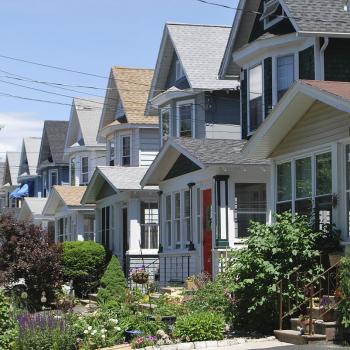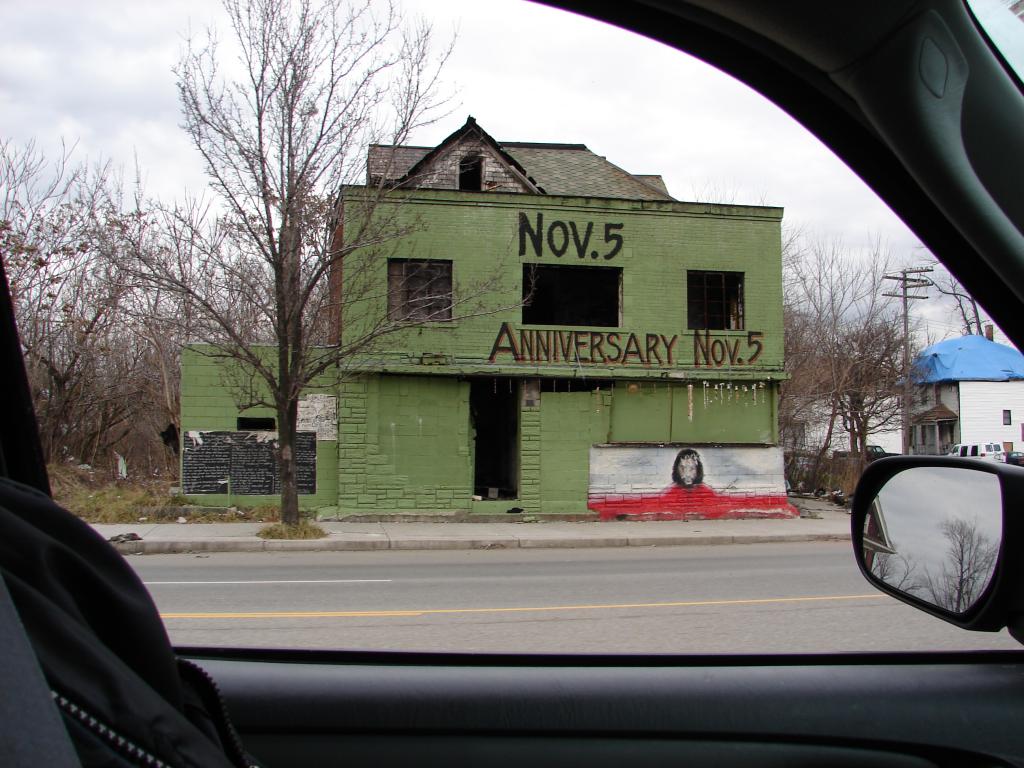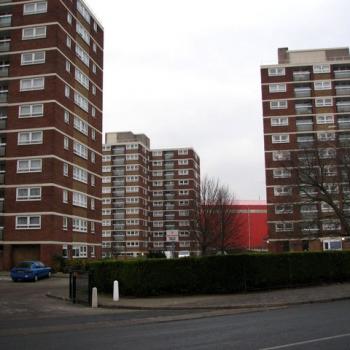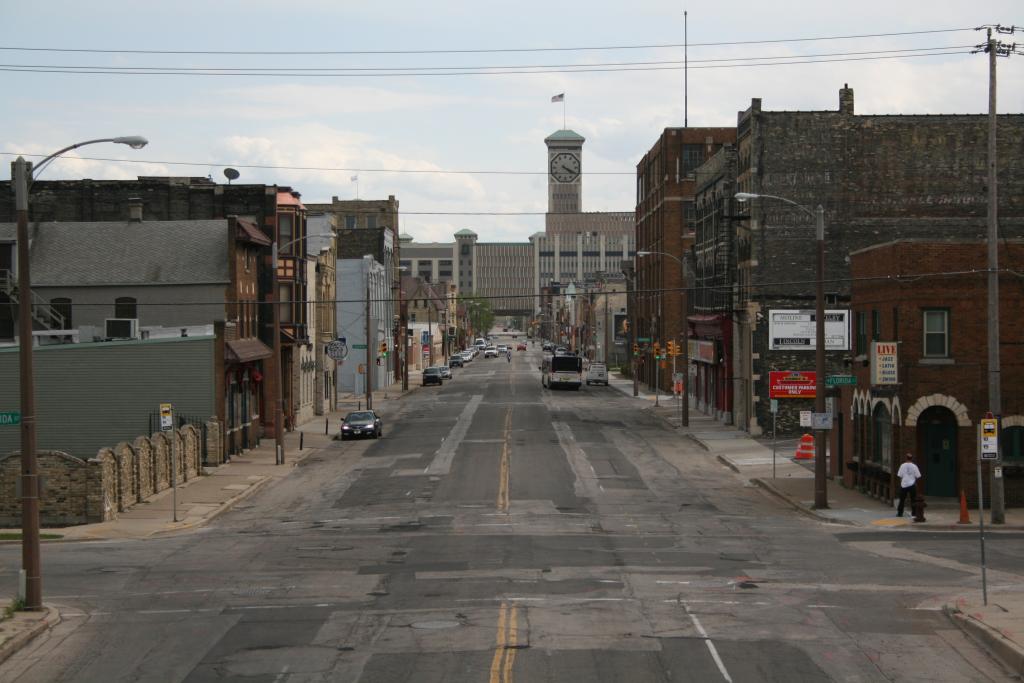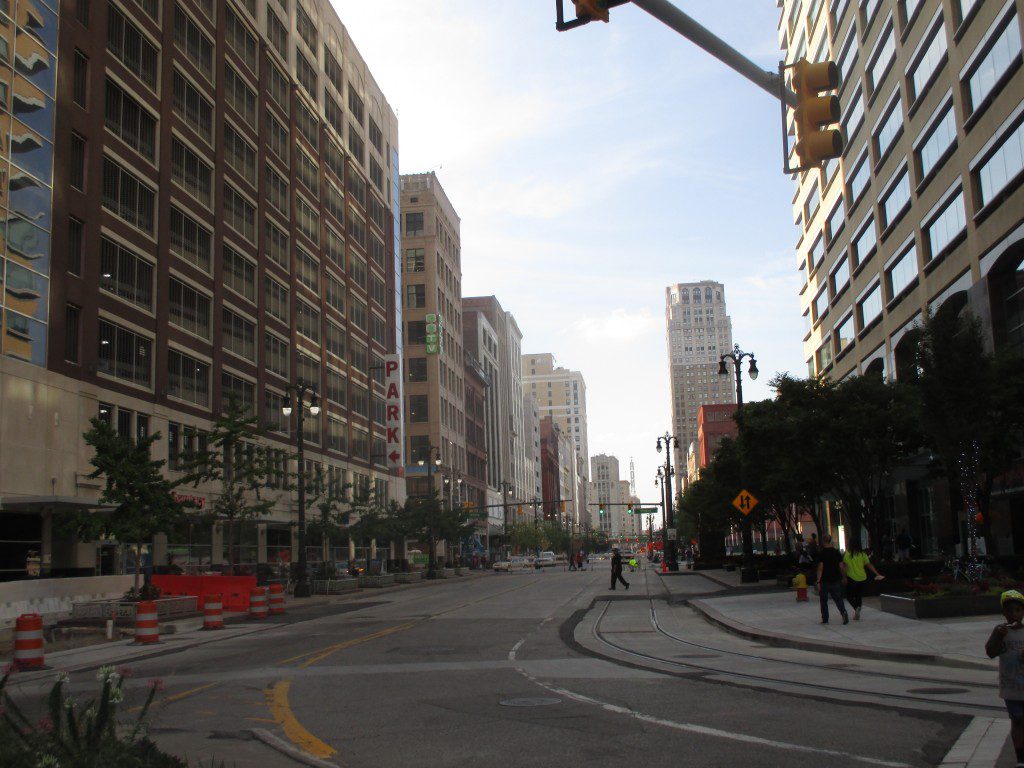
This would be nothing unusual in many metro areas: a requirement that builders of new housing who seek out tax incentives promise to allocate a share of their units as “affordable” according to federal guidelines of affordability for low- and/or moderate-income families.
Specifically, we’re talking about a requirement that “any new residential development receiving tax incentives have at least 20 percent of units reserved for affordable housing.” The specific deal described in the Detroit News is for a project where
Up to 270 of the units, representing 20 percent of the total number of units, would be reserved as affordable, according to the proposal.
Generally, the affordable housing units appear to be aimed at singles with annual incomes ranging from $28,140 to $56,280; and couples whose annual incomes could range from $32,160 to $64,320, according to income data provided by the city and Bedrock. Those are income levels based on Wayne County residents and not the city of Detroit, where the median income is much lower. But the Wayne County standard is used by the city in affordable housing developments, officials said. . . .
[M]onthly rents could be as a low for $650 for one person and maybe $900 for a couple. On the high end, monthly rent could be $940 for single person and $1,600 for a couple, according to the formula to be used in the proposal.
Now, the article in question relates specifically to the fact that the builder, Bedrock Detroit, has multiple projects underway, and seeks to designate 20% of the total number of units across all these projects as “affordable,” rather than creating 20% affordable units in all projects, including the high-end buildings.
But — well, it’s more than a little peculiar to me that Detroit, of all places, is worried about affordable housing. Take a look at its listings at apartments.com: rents start at $200/month. OK, sure, that’s on a rent-to-own basis if you agree do do the needed repairs yourself. But for $312 per month you can get yourself a 1 bedroom which claims to be in good repair and fully applianced. And for $422 you’ve got a renovation in midtown. Set a budget of $500/month and you’ve got lots of choices. Are these apartments typical? According to rentjungle.com (first google hit),
As of August 2016, average apartment rent within the city of of Detroit, MI is $992.
One bedroom apartments in Detroit rent for $877 a month on average and two bedroom apartment rents average $1132.
Another source, a 2014 Crain’s article, cites significantly lower rates:
Monthly rent for a one-bedroom apartment increased by 2.09 percent to $620 and by 1.74 percent to $744 for a two-bedroom Detroit apartment in 2013, according to Apartment List.
Granted, this data is older, but it leads me to wonder if the first source was actually for the metro area.
So why is the government sticking its nose in and requiring that developers build apartments at what is, essentially market rate?
Mind you, there’s lots of talk about “gentrification” in all kinds of places, but it seems to me that you’re out of touch with reality if you think that gentrification is a real risk in Detroit. Heck, Detroit could benefit from gentrification, and a lot of it, given how many middle-class and wealthy residents its lost over the last 50 years.
And if there is a market for this, or any other, builder to create units that rent for twice, three times, however much higher than the market rate, that’s a good thing. Detroit could benefit heavily from an influx of wealthy folk, paying property taxes, shopping at its stores (and creating the base for new ones), supporting its institutions. And there is so unbelievably much vacant land this new construction cannot possibly impact the availability of units at lower prices.
To be sure, there are plenty of homeless, or people living in shelters, or living doubled-up, or in poor housing conditions of whatever kind (e.g., insufficiently heated, leaky roof), but that’s not a matter of “housing affordability” — it’s a matter of people having income so low that they cannot afford even the basic utility and maintenance costs of housing.
So why is the city council requiring “affordable” units in the manner of high-cost cities? And, in particular, why this odd exchange of requiring affordability when, if the units are in high demand, they’d really have been better off, oh, say, just not giving them the frickin’ tax break in the first place? After all, it’s not as if Detroit’s tax coffers are overflowing; they could actually use the cash.
My best guess: it’s like in the GEICO commercial, “when you’re a politician, you give out tax breaks and mandate affordable housing in return. It’s what you do.”
image: a view down Woodward, own photo.







